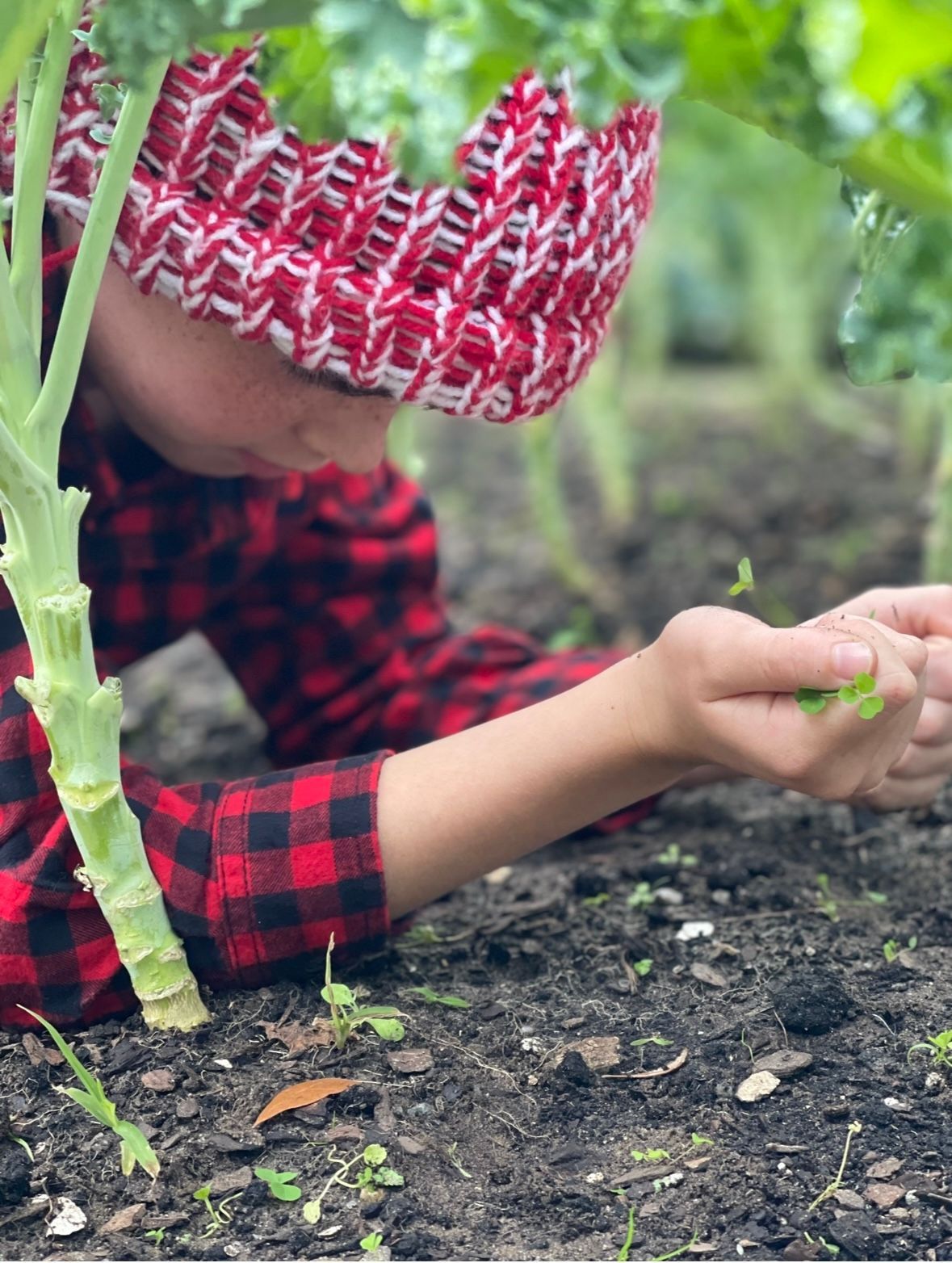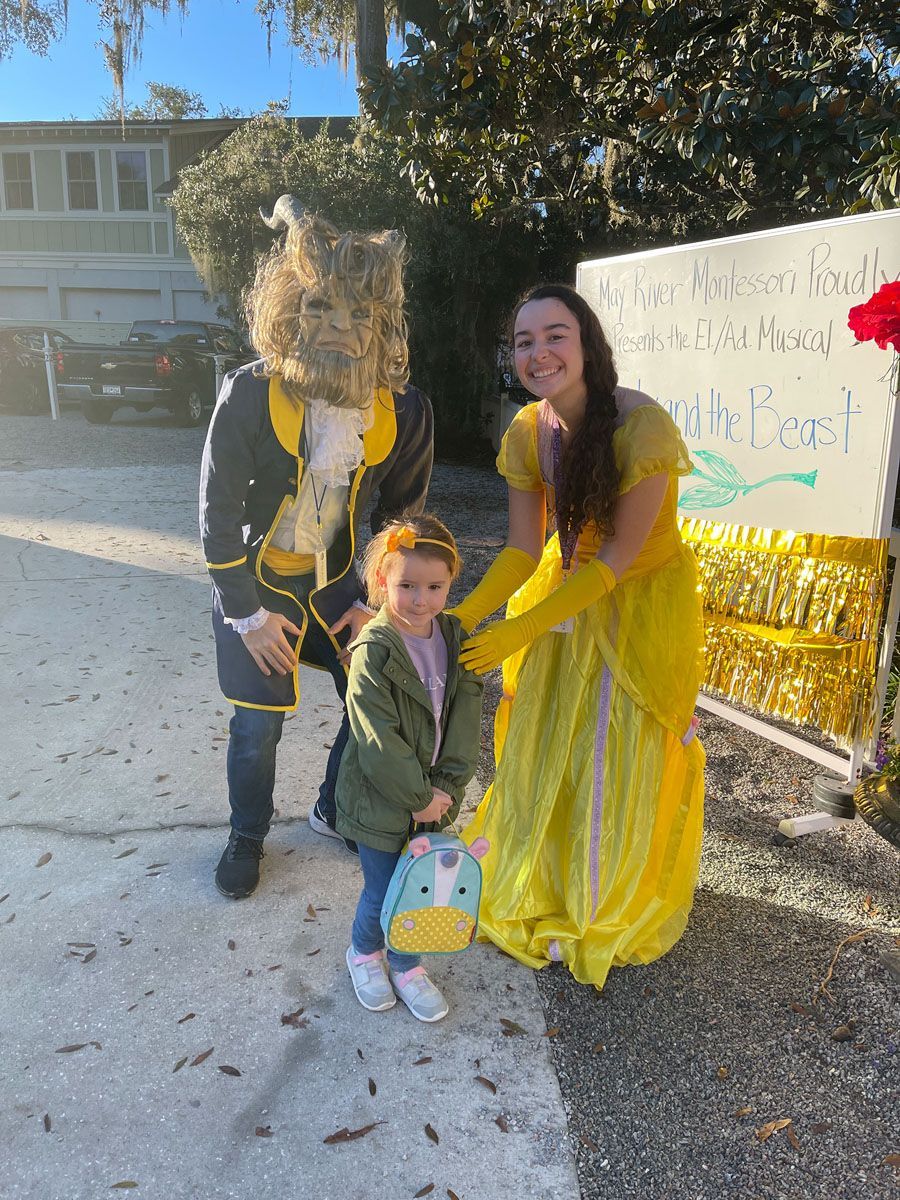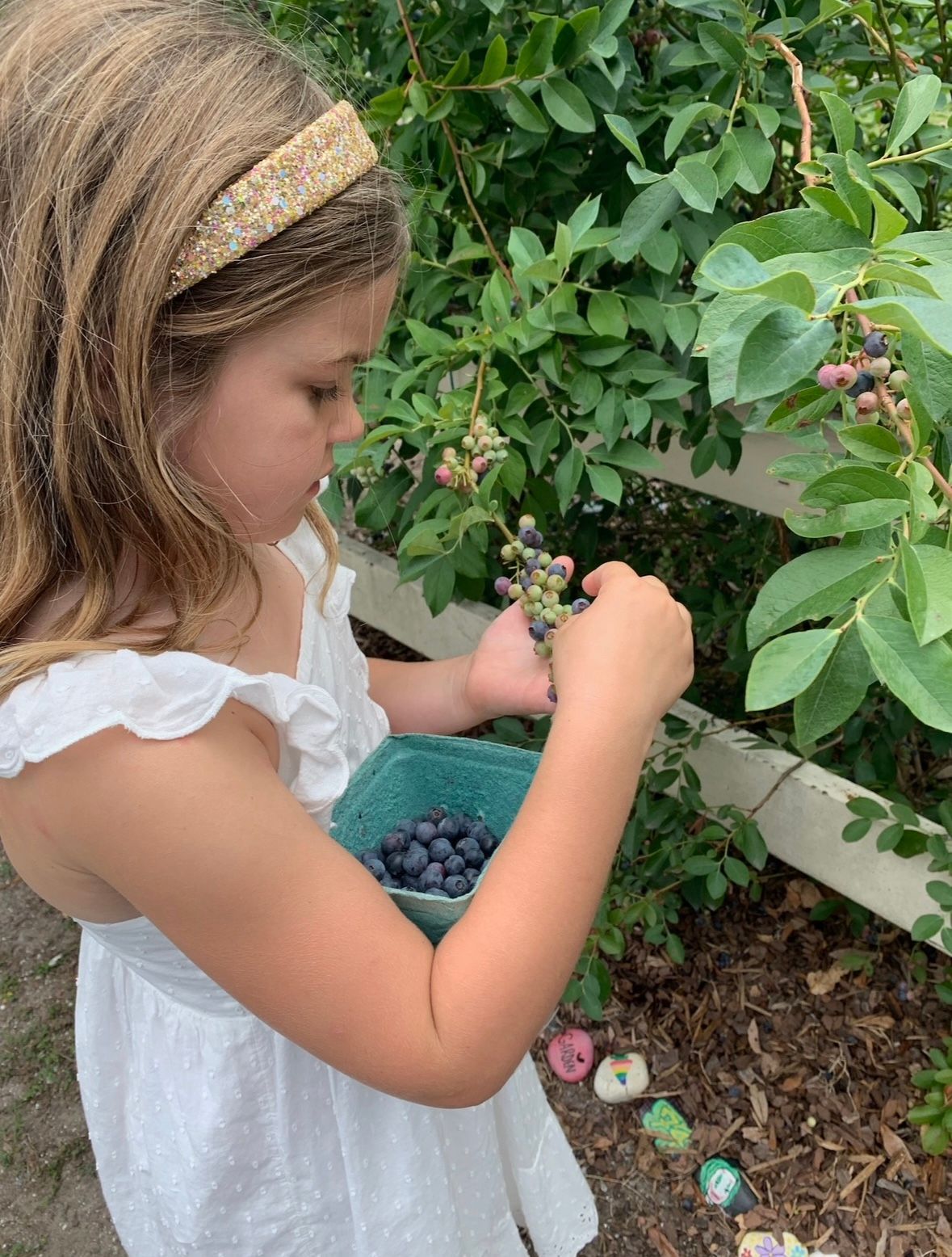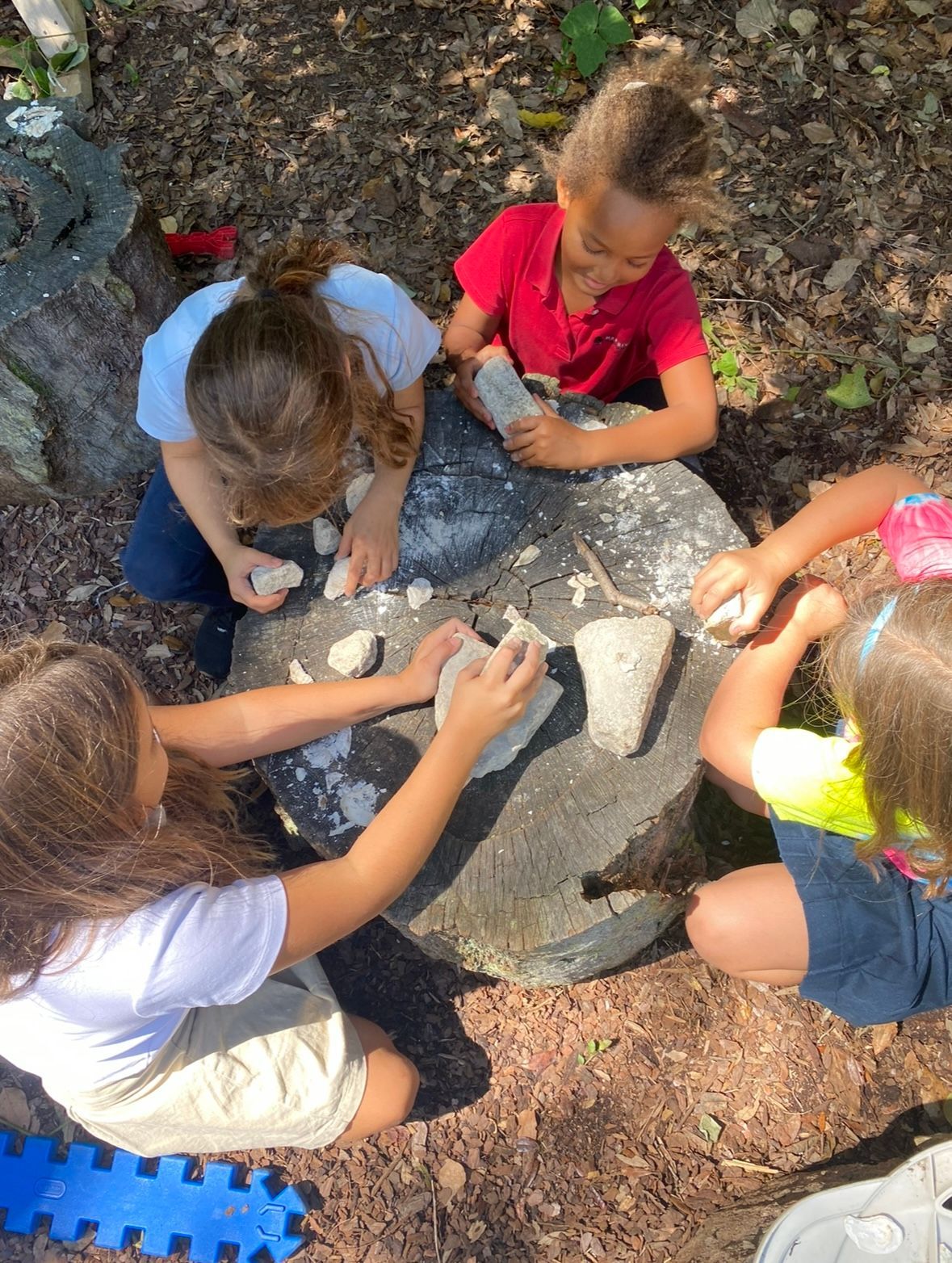The Science Behind Montessori Education: Why It Works

Academic and Cognitive Benefits
A comprehensive systematic review published in 2023 examined the impact of Montessori education on both academic and non-academic outcomes. The study found that Montessori students often outperform their peers in areas such as executive function, creativity, and self-discipline. Montessori’s focus on hands-on learning and self-paced education helps children develop strong problem-solving skills, making learning an engaging and rewarding process.
Furthermore, a 2017 review highlighted that Montessori practices, such as phonics-based literacy and sensory-based mathematics, align with well-established educational methodologies. These methods emphasize learning through experience, fostering deeper comprehension and retention of knowledge.
Social and Emotional Growth
Montessori education doesn’t just prepare children for academic success—it cultivates a lifelong love of learning and emotional intelligence. The emphasis on independence, self-regulation, and collaborative work creates a nurturing environment where children learn to respect themselves and others. Research shows that Montessori students exhibit higher levels of emotional well-being, social responsibility, and intrinsic motivation than those in traditional education settings.
The Key to Montessori’s Success: Structure and Freedom
One of the fundamental principles of Montessori education is balancing structure with freedom. Children are given the autonomy to explore their interests while working within a structured, thoughtfully designed environment. This approach fosters independence, creativity, and self-confidence—skills that remain valuable well into adulthood.
If you’re considering Montessori education for your child, rest assured that science backs its effectiveness. By nurturing each child’s natural curiosity and providing an environment rich in hands-on learning, Montessori paves the way for well-rounded, capable, and confident individuals.
Do you have questions or are you interested in learning more about our school and programs?
Office@MayRiverMontessori.com
MayRiverMontessori.com
843-757-2312





